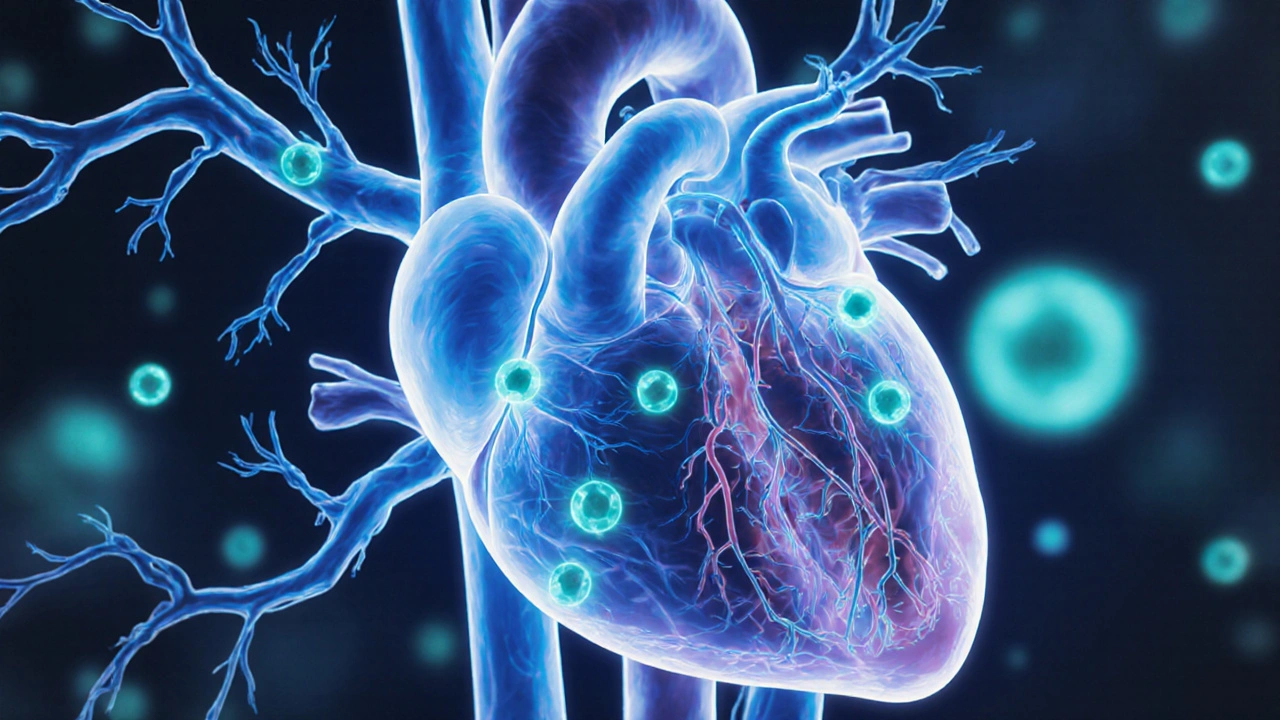Understanding Blood Pressure and Why It Matters
Blood pressure is the force of your blood pushing against your artery walls. It's totally normal for it to go up and down a bit during the day, but when it stays high, that’s a problem called hypertension. High blood pressure can sneak up without symptoms but raises your risk for heart attacks, strokes, and other serious issues.
So, why should you care? Because keeping an eye on your blood pressure is one of the easiest ways to protect your heart and overall health. You don’t need fancy tools—just a reliable monitor and a few lifestyle changes can make a big difference.
Simple Ways to Keep Blood Pressure in Check
Start with what you eat. Cutting back on salt and processed foods helps a lot. Fresh veggies, whole grains, and lean proteins are your friends. Regular exercise also plays a big role; even a 30-minute walk most days can drop your blood pressure.
If you smoke or drink a lot of alcohol, think about cutting down. These habits put extra strain on your heart. Stress also spikes blood pressure, so finding ways to relax like meditation or yoga can help more than you might expect.
Medications and When to Use Them
Sometimes lifestyle changes aren’t enough, especially if your blood pressure is very high. That’s when doctors recommend medications. There are many types, like diuretics, ACE inhibitors, and calcium channel blockers, each working differently to lower pressure.
Don’t skip doses if you start medication, and talk to your doctor about side effects or any other drugs you take. Some medications can interact, so clear communication with your healthcare provider is key.
Regular check-ups are important to track your progress and adjust treatments as needed. Remember, controlling blood pressure isn’t about quick fixes but steady, manageable steps that add up over time.




